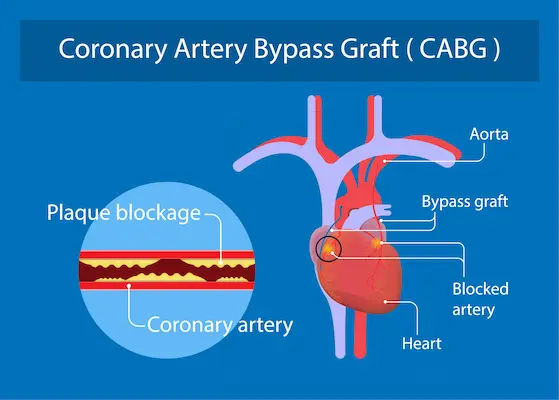- Female
- 56 Years
- 20/02/2025
My mom had an angioplasty a couple of weeks ago, and she's also got type 2 diabetes. I'm really concerned because her ESR level is at 78. Should I be worried about this? Does it mean something serious?
Answered by 1 Apollo Doctors
An elevated ESR (erythrocyte sedimentation rate) of 78 mmhr indicates inflammation or infection in the body, which can be concerning, especially in a patient who has recently undergone angioplasty and has type 2 diabetes. While a high ESR is not specific to one condition, it warrants further investigation to identify the underlying cause. It's important to consult with your mother's healthcare provider to determine the source of the elevated ESR and address it appropriately. They may recommend additional tests or treatments based on their findings. Close monitoring and managing her diabetes effectively are also crucial to avoid complications.
Dr. Dhankecha Suggests...
Consult a Cardiologist
Answered 04/07/2025
0
0

More Cardiology Health Queries
View allI'm Rohit, and I'm from Delhi. Back in December, I had some chest pain and got an ECG done. The doctors thought it might be type 1 Brugada morphology. I've since done a bunch of tests like ECG, ECHO, TMT, CT Angiography, and a 24-hour holter test, all of which came back negative. The doctor said it's asymptomatic since I don't have ventricular tachycardia, ventricular fibrillation, a family history of sudden cardiac death in a close relative under 45, or anything like that. Now, I'm planning to get married and just want to be sure about the Brugada syndrome diagnosis. Do you think it's a good idea for me to take a Flecainide or Ajmaline challenge test to confirm whether I have Brugada syndrome? Also, could you recommend any hospitals in India, especially near New Delhi, where I could get this test done? Would appreciate any info you have!
Yes, you can undergo a FlecainideAjmaline challenge test to confirm the presence of Brugada syndrome. This test is commonly used to unmask the Brugada ECG pattern in individuals suspected of having the syndrome. In India, you can consider getting this test done at reputed hospitals like AIIMS (All India Institute of Medical Sciences) in New Delhi, or at Max Super Speciality Hospital in Saket, New Delhi. It is important to undergo this test under the supervision of a cardiologist experienced in managing Brugada syndrome, as the test involves administration of a sodium channel blocker (Flecainide or Ajmaline) which can induce changes in the ECG pattern characteristic of Brugada syndrome. This test should only be performed in a hospital setting with facilities for managing any potential complications that may arise during the test. Before proceeding with the FlecainideAjmaline challenge test, it is advisable to discuss the potential risks and benefits of the test with your healthcare provider to make an informed decision.
Answered by 1 Apollo Doctors
I'm really worried about this chest pain I've been having. It's been going on for about a month now, right where I can feel my heartbeat. It's been getting worse over the past few days, and it even hurts when I laugh or move my left hand. I did see a doctor when it was less painful, and they said it was muscular pain, but I'm honestly not convinced. I didn't lift anything heavy or suffer any injury, and it's just that specific spot that hurts. Could this be something more serious than muscular pain?
It sounds like you may be experiencing symptoms of angina, which is chest pain or discomfort caused by reduced blood flow to your heart muscle. Since the pain has been increasing and is now triggered by laughing or moving your left hand, it's important to take it seriously. I recommend taking a low dose of aspirin (75-100mg) as a precautionary measure to help reduce the risk of a heart attack. Additionally, you should follow up with your doctor for further evaluation and possibly consider an ECG to rule out any heart-related issues.
Answered by 1 Apollo Doctors
I'm feeling a pinching pain on the left side of my chest that's been bugging me for the past week. I originally thought it might just be gas and tried having soda with lime several times, which only relieved it briefly. Could there be something else going on, or is it really just related to gas? Could you help me figure this out?
yes,visit your foe appropriate management
Answered by 1 Apollo Doctors
Disclaimer: Answers on Apollo 247 are not intended to replace your doctor advice. Always seek help of a professional doctor in case of an medical emergency or ailment.



